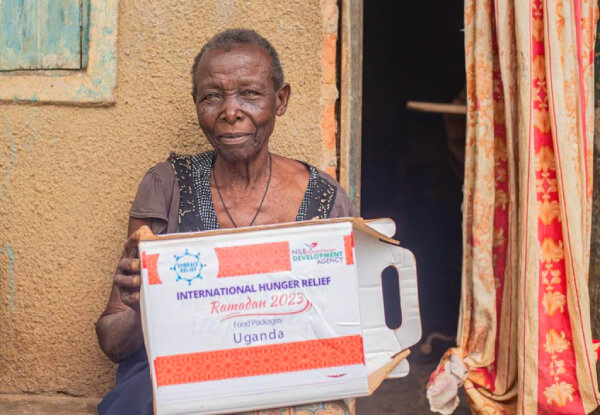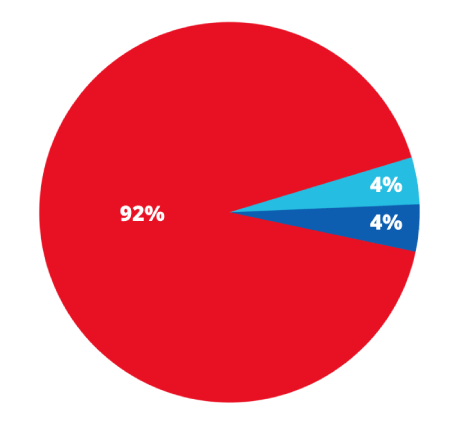
Hunger refers to a condition of severe and prolonged lack of food or proper nutrients, leading to malnutrition and, in severe cases, starvation. It is a worldwide problem, with an estimated 670 million people going hungry every day, according to the UN World Food Programme. Hunger is not just about the feeling of an empty stomach; it is a severe health issue that can lead to long-term health problems and even death.
There are several primary causes of hunger
Poverty: Poverty is the primary cause of hunger in the world. People living in poverty often lack the financial resources to buy food or grow their food, making them more vulnerable to hunger. Poverty is also often linked to lack of education, poor health, and inadequate sanitation, which can further exacerbate hunger.
Climate change: Climate change is a growing cause of hunger as it affects agricultural production, making it difficult for farmers to grow crops. Extreme weather conditions such as drought, floods, and storms destroy crops, reducing food availability, and increasing food prices, which makes it harder for people to access food.

Conflict: Conflict and war can lead to the displacement of people, making it harder for them to access food. In addition, war can destroy agricultural infrastructure, making it difficult for people to produce food. Conflict can also lead to economic instability, making it difficult for people to afford food.
Lack of education: Lack of education, caused by poor economic conditions in some parts of the world, is another factor that can cause hunger. Educated people are more likely to be employed and have a higher income, making it easier for them to afford food. Education can also provide people with the knowledge they need to grow their food or make better food choices, improving their nutritional status.

Inadequate distribution: Inadequate food distribution is another cause of hunger. Even when there is enough food, it may not be distributed to those who need it. This can be due to various factors such as lack of infrastructure or political and economic instability.
Despite the fact that the world produces more than enough food to sustain all of us, hunger remains a significant problem, whose structural causes must be dealt with by all of us working together in the months and years ahead. In the meantime, there is much we can do to address the hunger that millions of people feel right now.
How you (and Embrace Relief) can help
The time is always right to consider the suffering of those less fortunate. But during Ramadan 2023, it is a particularly poignant moment to open your hearts to the millions of people around the world who are going hungry. During this time of fasting and reflection, one can easily understand the pain and hunger that so many feel throughout the year.
That’s why Embrace Relief has launched its International Hunger Relief: Ramadan 2023 campaign. This campaign will put hot meals and food packages on the tables of those who need it most.
And by donating to Embrace Relief, you can directly support our food distribution in more than a dozen countries, including earthquake-ravaged Turkey, conflict-stricken Yemen, several countries in Africa, refugees in Greece, and our neighbors right here in the United States.
Last year, thanks to the generosity of donors like you, Embrace Relief helped to feed more than 36,000 people during this campaign. In 2023, we want to reach even more people in need, and your support makes that possible. Donating any amount of money will make a difference – the amounts below represent the cost of one food package that will feed a family for one week:





















